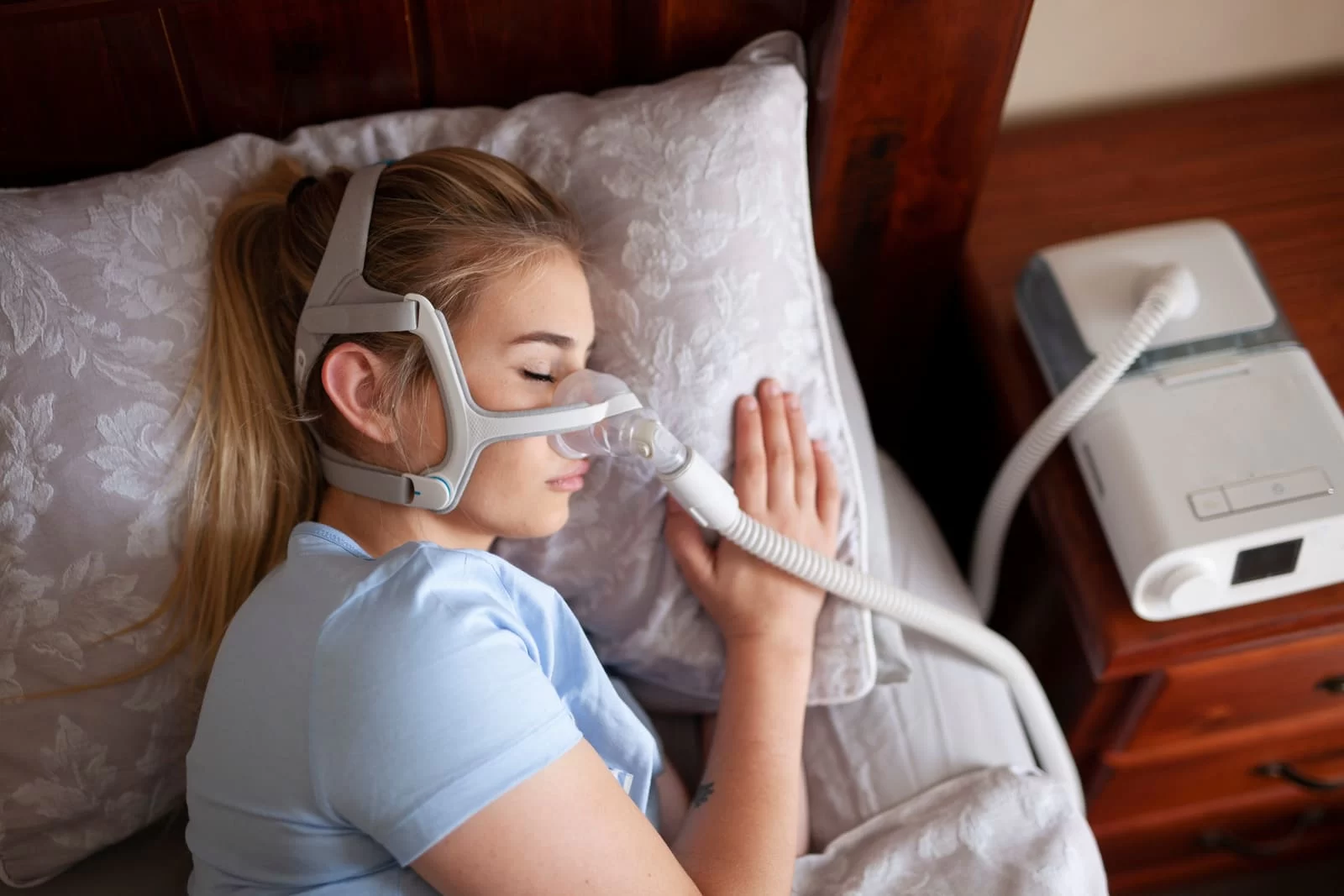
The Role of a Dentist in Managing Sleep Apnea: Comprehensive Guide
- Understanding Sleep Apnea
- Dentist's Role in Sleep Apnea Management
- Dental Appliances for Sleep Apnea
- Real-Life Stories: Dentists Helping Manage Sleep Apnea
- Common Questions About Dental Management of Sleep Apnea
- Expert Tips for Managing Sleep Apnea with Dental Care
- Where to Learn More About Dental Sleep Apnea Management
Understanding Sleep Apnea
Sleep apnea is a serious medical condition characterized by repeated interruptions in breathing during sleep. These interruptions, or apneas, can lead to decreased oxygen levels in the blood and disrupted sleep patterns, resulting in daytime fatigue, headaches, and a host of other health issues. Understanding the nature of sleep apnea is crucial for effective management and treatment.
There are three main types of sleep apnea: obstructive sleep apnea (OSA), central sleep apnea, and complex sleep apnea. OSA, the most common form, occurs when the muscles in the throat relax excessively during sleep, blocking the airway. Central sleep apnea, on the other hand, happens when the brain fails to send proper signals to the muscles that control breathing. Complex sleep apnea is a combination of both obstructive and central sleep apnea.
Dentist's Role in Sleep Apnea Management
The role of a dentist in managing sleep apnea is multifaceted and increasingly recognized as an integral part of a comprehensive treatment plan. Dentists are uniquely positioned to identify signs of sleep apnea during routine dental examinations and offer specialized treatments that can significantly improve patients' quality of life.
Dentists trained in sleep medicine can provide oral appliance therapy (OAT), a non-invasive treatment option that involves the use of custom-fitted devices to keep the airway open during sleep. These devices, often referred to as mandibular advancement devices (MADs), reposition the lower jaw and tongue to prevent airway obstruction, thereby reducing the occurrence of apneas.
1. Early Detection and Referral
During dental check-ups, dentists may notice signs of sleep apnea, such as teeth grinding (bruxism), a recessed jaw, or a thick neck. Recognizing these indicators allows dentists to refer patients to sleep specialists for further evaluation and diagnosis, ensuring that patients receive timely and appropriate care.
2. Custom-Fitted Oral Appliances
One of the primary ways dentists assist in managing sleep apnea is through the creation and fitting of oral appliances. These devices are tailored to each patient's specific dental anatomy and severity of sleep apnea, providing a personalized treatment approach that enhances comfort and effectiveness.
Dental Appliances for Sleep Apnea
Dental appliances, such as mandibular advancement devices and tongue retaining devices, play a significant role in the management of sleep apnea. These devices are designed to maintain an open airway by repositioning the jaw or holding the tongue in place, preventing airway collapse during sleep.
1. Mandibular Advancement Devices (MADs)
MADs are the most commonly used dental appliances for sleep apnea. They work by advancing the lower jaw slightly forward, which helps keep the airway open and reduces the likelihood of apneas. MADs are adjustable and can be customized to fit comfortably, ensuring that patients can wear them throughout the night without discomfort.
2. Tongue Retaining Devices (TRDs)
TRDs are another type of dental appliance used to manage sleep apnea. These devices hold the tongue in a forward position, preventing it from blocking the airway. TRDs are particularly useful for patients who have significant tongue relaxation during sleep, contributing to airway obstruction.
Real-Life Stories: Dentists Helping Manage Sleep Apnea
Real-life stories highlight the profound impact that dentists can have on managing sleep apnea. Take the story of Michael, a 45-year-old who struggled with severe sleep apnea and daytime fatigue. After being referred to a dentist specialized in sleep medicine, Michael was fitted with a custom MAD. Within weeks, his sleep quality improved significantly, reducing his apneas and enhancing his overall well-being.
Another example is Sarah, a 60-year-old woman who experienced frequent awakenings and morning headaches. Her dentist noticed signs of bruxism and referred her for a sleep study, which confirmed sleep apnea. Sarah was then fitted with a TRD, which alleviated her symptoms and improved her sleep quality, allowing her to feel more refreshed and energized each day.
Common Questions About Dental Management of Sleep Apnea
Understanding the role of a dentist in managing sleep apnea often brings up several common questions. Here are some answers to frequently asked inquiries:
1. How effective are dental appliances in treating sleep apnea?
Dental appliances can be highly effective in treating mild to moderate sleep apnea. Studies have shown that mandibular advancement devices can reduce the number of apneas and improve sleep quality. However, their effectiveness varies depending on the severity of the condition and individual patient factors.
2. Are dental appliances comfortable to wear?
Modern dental appliances are designed to be as comfortable as possible. They are custom-fitted to each patient's mouth, ensuring a secure and comfortable fit. Initially, some users may experience minor discomfort or jaw soreness, but these symptoms typically subside as they become accustomed to wearing the device.
3. How long do dental appliances last?
The longevity of dental appliances depends on the material and frequency of use. On average, a well-maintained MAD can last between 3 to 5 years. Regular dental check-ups ensure that the appliance continues to fit properly and function effectively.
Expert Tips for Managing Sleep Apnea with Dental Care
Managing sleep apnea with the help of a dentist involves several key practices to ensure the best outcomes:
1. Regular Dental Visits
Consistent dental check-ups allow your dentist to monitor your oral health and the effectiveness of any oral appliances being used for sleep apnea management. Regular visits also provide opportunities for early detection of any issues that may arise.
2. Follow-Up Appointments
After being fitted with a dental appliance, follow-up appointments are essential to adjust the device for optimal comfort and effectiveness. Your dentist can make necessary modifications based on your feedback and any changes in your sleep apnea symptoms.
3. Complementary Lifestyle Changes
In addition to using dental appliances, adopting healthy lifestyle changes can enhance the management of sleep apnea. This includes maintaining a healthy weight, avoiding alcohol and sedatives before bedtime, and practicing good sleep hygiene.
4. Use of Supportive Therapies
Combining dental appliances with other supportive therapies, such as positional therapy or nasal dilators, can provide a more comprehensive approach to managing sleep apnea, addressing different aspects of the condition.
Where to Learn More About Dental Sleep Apnea Management
If you're interested in understanding the role of a dentist in managing sleep apnea, visit Dentistry Toothtruth. They offer comprehensive resources, expert advice, and personalized dental care services to help you effectively manage sleep apnea through dental treatments.
Explore the latest information and detailed guides at Dentistry Toothtruth and learn how working with a dentist can significantly improve your sleep quality and overall health. With professional expertise and tailored treatment options, Dentistry Toothtruth is your trusted partner in managing sleep apnea. Don’t wait—enhance your sleep quality today by visiting Dentistry Toothtruth and taking the first step towards better health!

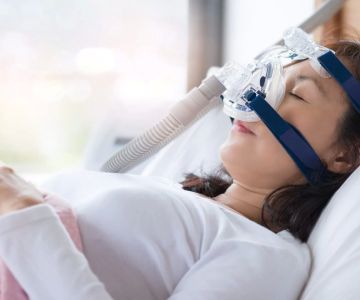
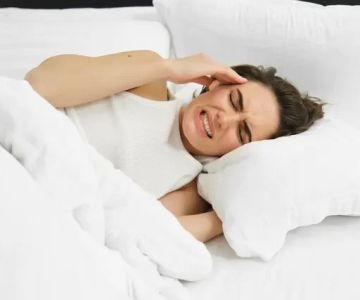
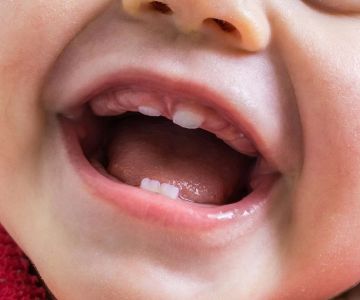
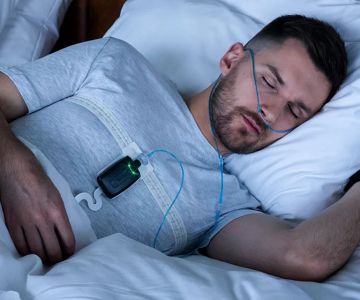
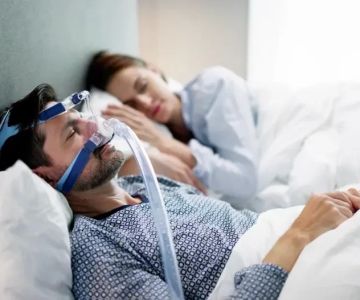
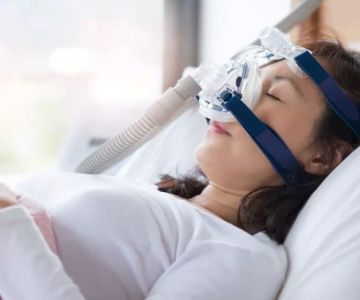
 University Place Smiles4.0 (550 review)
University Place Smiles4.0 (550 review) Shawnee Christian Healthcare - Dental4.0 (361 review)
Shawnee Christian Healthcare - Dental4.0 (361 review) Motto Clear Aligners0.0 (0 review)
Motto Clear Aligners0.0 (0 review) Dentist Riverside - TranscenDental Smiles5.0 (274 review)
Dentist Riverside - TranscenDental Smiles5.0 (274 review) Glen Oaks Dental Pllp5.0 (145 review)
Glen Oaks Dental Pllp5.0 (145 review) Aspen Dental - Methuen, MA4.0 (359 review)
Aspen Dental - Methuen, MA4.0 (359 review) The Importance of Oral Health Education During Pregnancy for a Healthy Pregnancy
The Importance of Oral Health Education During Pregnancy for a Healthy Pregnancy Best Tips for Brushing Your Teeth Properly for Healthy Gums: Essential Techniques for Oral Health
Best Tips for Brushing Your Teeth Properly for Healthy Gums: Essential Techniques for Oral Health Why Skipping Dental Checkups Can Lead to Bigger Oral Health Problems
Why Skipping Dental Checkups Can Lead to Bigger Oral Health Problems Advantages of Porcelain Dental Restorations
Advantages of Porcelain Dental Restorations How Can Diabetes Cause Tooth and Gum Problems? Preventing and Managing Oral Health Issues
How Can Diabetes Cause Tooth and Gum Problems? Preventing and Managing Oral Health Issues Healthy Habits for Promoting Good Oral Health and Hygiene: Tips for a Healthy Smile
Healthy Habits for Promoting Good Oral Health and Hygiene: Tips for a Healthy Smile